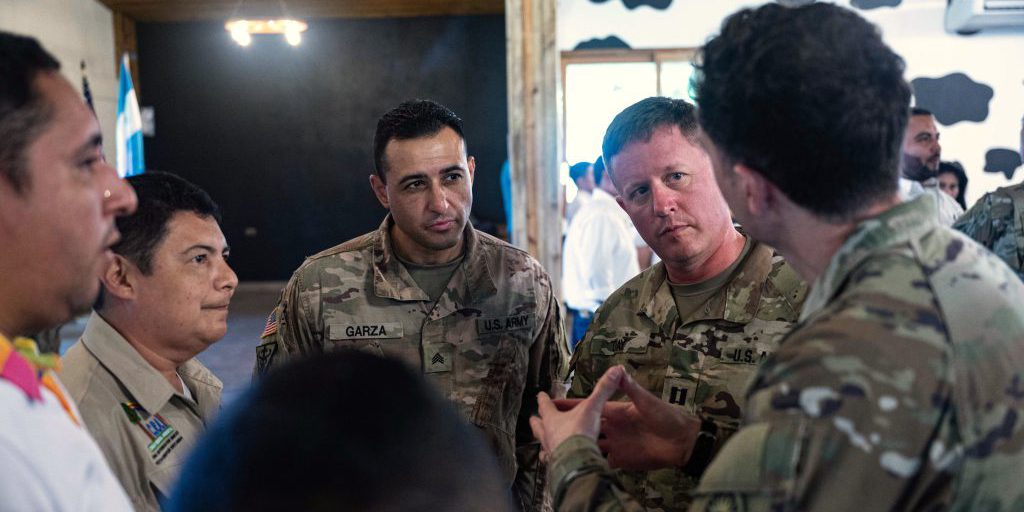Last week, the U.S. Department of Homeland Security (DHS) announced the release of its first-ever Indigenous Languages Plan, furthering the Department’s commitment to language access in our service to millions of people every day. The plan strengthens language access for speakers of indigenous languages of Latin America in DHS programs, activities, and operations.
The Indigenous Languages Plan complements the Department’s Updated Language Access Plan released in November 2023, which identifies Department-wide goals and strategies to provide meaningful access for individuals with limited English proficiency.
The DHS Office for Civil Rights and Civil Liberties (CRCL) led the development of the Indigenous Languages Plan in coordination with DHS components after a series of engagements with indigenous migrant leaders to better understand their concerns and interests. As part of this effort, CRCL also worked to identify language access considerations for women and girls in support of DHS goals to advance gender equity.
The Indigenous Languages Plan also highlights several existing DHS initiatives to improve language access for indigenous language speakers. For example, the Federal Emergency Management Agency (FEMA) procured over-the-phone interpretation services in indigenous languages during the COVID response, multi-state Hurricane Ida response and recovery operations, and response to tornadoes that occurred in Kentucky. The interpretation services continue to be made available to FEMA staff in the field and shared with interagency, state, and local government and NGO/voluntary agency partners.


